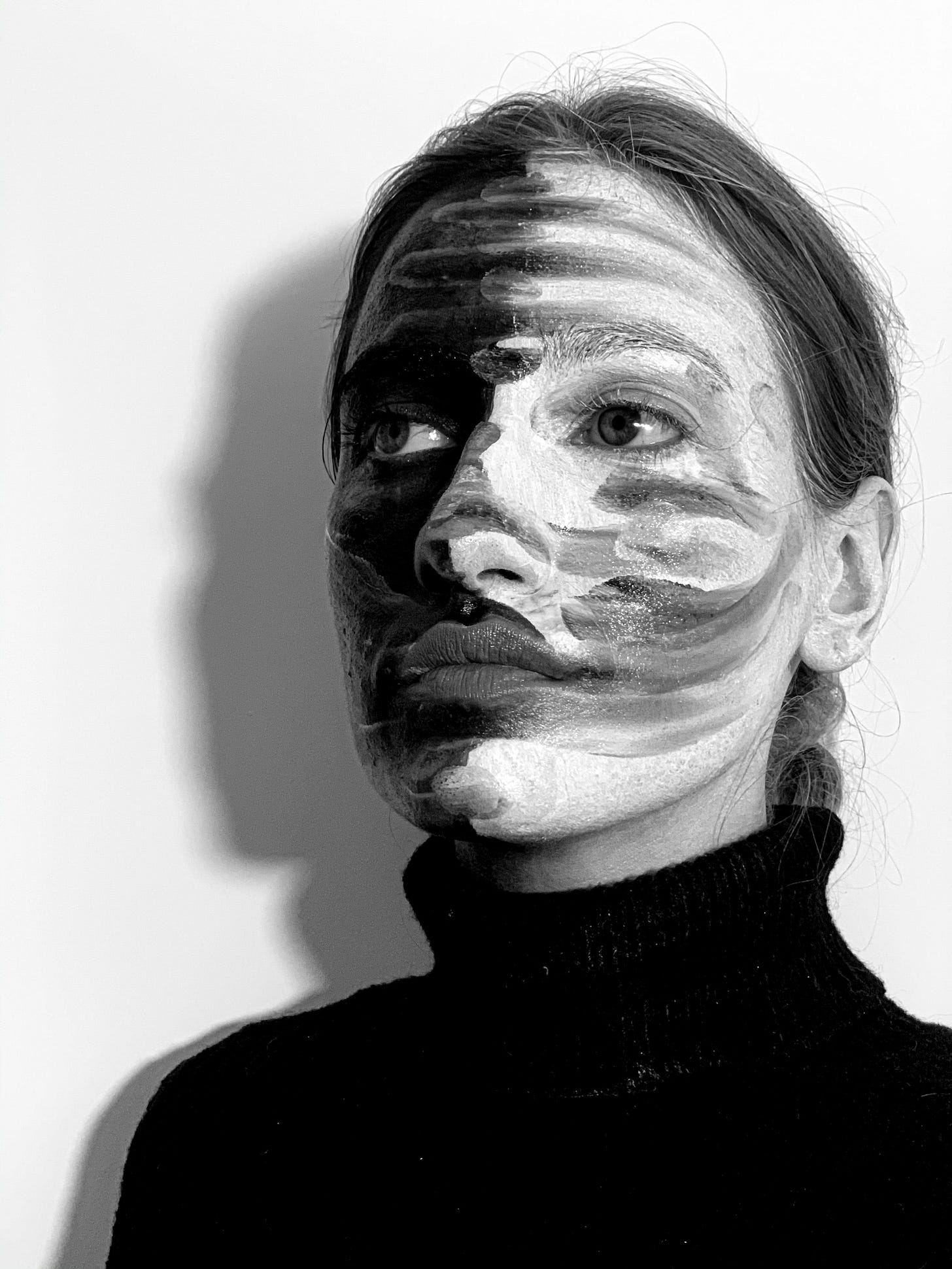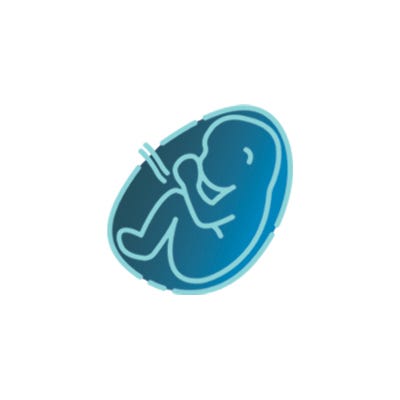Why do we feel bad for some people cut off from bio-parents but not others?
Three people stand before you. One had a biological parent die before they were born. A second had a biological parent abscond before they were born. A third was conceived using an anonymous donor.
Recently, in a Facebook forum, a donor-conceived person asked why we acknowledge loss and feel empathy in the first two scenarios but seldom in the last.
In each case, the child grows up not knowing one biological parent. In none of the cases was it the result of anything the child did — just their inherited reality. Why do we tend to feel more empathy towards the first two?
People in the Facebook group started to hash this out.
The children may grow up with one parent, two parents or even more. But the empathy, or lack thereof is not in response to the number of active parents.
The children in question may have had good or bad upbringings. But again, the quality of parenting is not at issue. That's not what's calling forth the empathy. It's the absence of a biological parent, a person who in all the cases had never been present for the child.
Maybe it's because, in the first two instances, the biological parent had been there, at least temporarily, for the other parent.
Maybe it's because it was planned by the intended parents to be this way: an uninvolved donor and an involved parent or parents.
But for the child, many donor-conceived people argued — though, notably, not all — it can feel the same.
Below, I juxtapose key sentiments.
three minute read
it's not the same thing
there is an emotional difference
walking away from a child is not like walking away from an egg or a sperm
eggs and sperm aren't people
eggs and sperm are bodily fluids
why would a person be broken up over bodily fluids?
*
a gamete donor is not a parent
genetic ties are not parental ties
the donor didn't birth them, breastfeed them, cuddle them, soothe them, guide them, love them
the loss of a donor is not the same as the loss of a mother
suggesting that the loss of a donor is like the loss of a parent is insulting
the loss is not the same
there is no loss
*
nothing horrible was done to them
creating life is the greatest gift
a donor-conceived person would not exist without the donation
the recipient parent brought them into the world
be grateful
stop whinging
get over it
move on
life is tough
lots of teens are angry at their biological parents
don't be angry
the recipient parent didn't choose to be infertile
the recipient parent didn't choose to be gay
yes, donor-conceived people deserve to know their biological origins
but
the donor chose to donate, not be a parent
respect the donor's choice
there was a contract
I was not an accident
I was wanted
I was planned for
I had no father growing up, so never lost one
I am not an orphan
don’t treat me like an orphan
I don’t need your empathy
I am grateful to my mother for making me happen
all human beings are created from bodily fluid
we are not bodily fluid
I am more than just a bag of bodily fluid
genetically, we derive from two people
separation from a biological parent is separation from a biological parent
separation from a biological parent is separation
*
some people never mourn biological parents they never knew
some do
this is about the ones who do
*
donor-conceived people aren't asking for pity
we are asking for empathy
any child who is missing a biological parent deserves empathy
we are asking for the same empathy that you have for others
*
is it better that it wasn't an accident?
is it better that it wasn't a mistake?
is it better that it wasn't careless or mean-spirited?
is it better that it was on purpose?
intentional?
there was an intent to create a child
when a person provides gametes, is their intention not to create a child?
their intention was to not parent
the vendor didn't want to parent
the vendor didn't want to be known
the vendor didn't want to know
the intention was to sever the genetic connection
it is what was intended
does intentional make it better?
or worse
*
if we try to explain, we are "negative"
or we have "had a bad experience"
or we "are trying to shut down all the happy donor-conceived people"
or we "are angry"
or we "need therapy"
only angry donor-conceived people who need therapy think this way
*
are you saying there is something wrong with us?
or is it the situation
*
empathy for the donor-conceived person costs more
empathy for the donor-conceived person means acknowledging
empathy for the donor-conceived person means acknowledging the impact on your child
it means acknowledging the decisions you've made
is that what's "different"?
*
we are raised separately from our biological parent
we don't know our biological parent
maybe we never find them
maybe they want nothing to do with us
they are our biological parent even if they don't want to be
even if they ignore us
even if they tell us to stop contacting them
does this make us less deserving of empathy?
we should have the same space held for us to grieve
why is growing up not knowing your biological parent a tragedy in one situation and perfectly fine in another
when it hurts the same way?
Related links
Alison Motluk. "Switched before birth." CMAJ News. 2016.
Lindsay Jones. "The lives of others." The Atavist. 2021.



